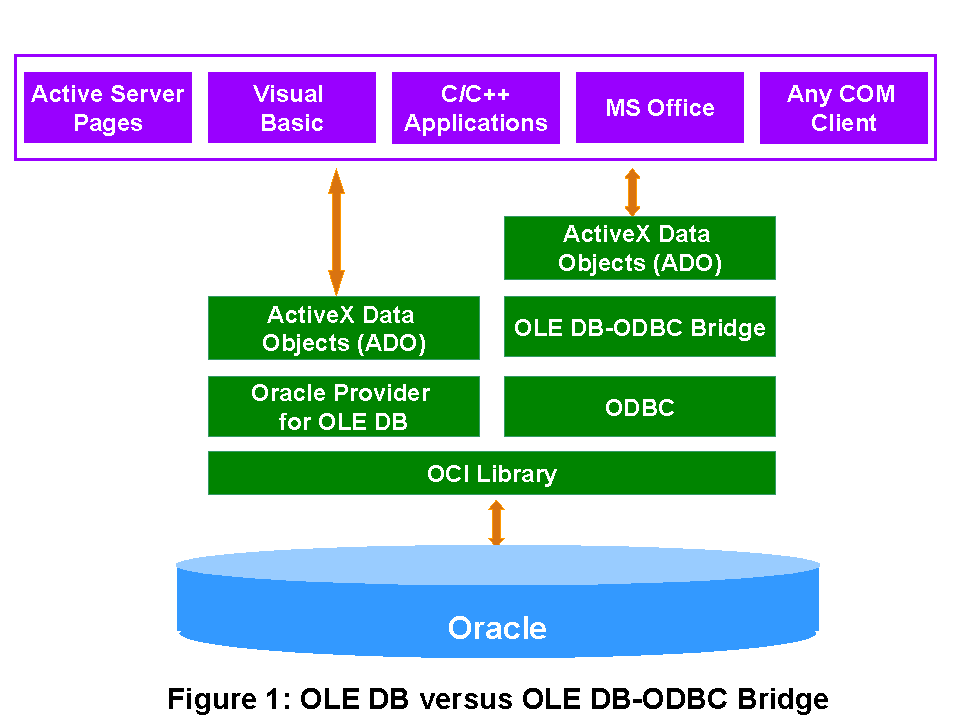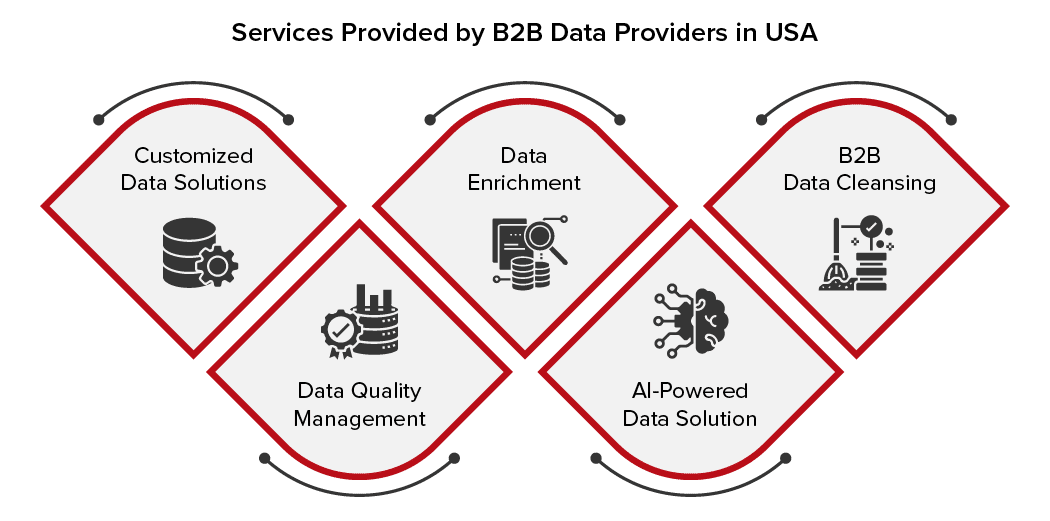Selecting the Right Database Provider for Your Service Requirements
Secret Features to Seek When Choosing a Database Provider
Selecting a database service provider is an essential choice that can dramatically influence your company's procedures and information administration strategy. Among the important features to consider are scalability options, which ensure that your system can adjust to expanding demands.
Scalability Options
When selecting a data source supplier, understanding scalability alternatives is critical to ensuring that the selected solution can suit future development. Scalability describes the capability of a database system to expand its capacity and efficiency in action to increased need. There are 2 main kinds of scalability: upright and straight.
Vertical scalability, or "scaling up," involves improving a single web server's resources, such as CPU, RAM, or storage. This strategy can be simple and affordable for smaller applications yet might reach a restriction where additionally upgrades are unwise or too pricey.
Straight scalability, or "scaling out," includes adding extra servers to disperse the load. This strategy permits better versatility and can suit considerable rises in data quantity and user website traffic (database provider). It is particularly helpful for cloud-based database options that can dynamically allot resources based upon demand

Protection Steps

When examining protection steps, think about the implementation of file encryption methods (database provider). Data-at-rest and data-in-transit file encryption are vital to make sure that sensitive details stays secured, even in the occasion of a safety and security violation. In addition, seek carriers that use strong verification systems, such as multi-factor authentication (MFA), to further improve access control
Normal security audits and conformity with industry criteria, such as GDPR or HIPAA, are a measure of a supplier's commitment to data defense. In addition, ask about their occurrence reaction strategy; a robust strategy can reduce the influence of any possible safety and security case.
Efficiency Metrics
Examining performance metrics is necessary for organizations to make sure that their picked database carrier satisfies functional requirements. Secret efficiency metrics include action scalability, time, and throughput, which collectively identify the performance of data source operations under varying lots.
Response time is vital, as it mirrors just how rapidly the database can refine questions and return outcomes. Organizations should search for metrics that show ordinary response times during top and off-peak hours. Throughput, commonly gauged in transactions per second (TPS), offers insight into the data source's capacity to take care of high quantities of demands without performance degradation.
Scalability assesses the database's capacity to grow with the organization's needs. go to this website A robust database service provider ought to demonstrate vertical and horizontal scaling capabilities, permitting seamless adjustments as demands fluctuate. Additionally, understanding latency, specifically in dispersed systems, can aid companies examine the responsiveness of the data source across different geographical places.
Client Support
Dependable customer assistance is a foundation of effective data source administration, offering companies with the help needed to resolve concerns and enhance performance. When picking a database service provider, reviewing the degree of customer assistance they provide is essential. A durable support system need to include numerous channels of interaction, such as phone, email, and live conversation, guaranteeing that customers can access help whenever they require it.
Furthermore, receptive assistance teams that are readily available 24/7 considerably boost the dependability of the data source service. Motivate response times and efficient resolution of concerns can dramatically decrease downtime and increase total efficiency. It is additionally advantageous to think about the schedule of devoted assistance personnel, who can offer tailored aid based on a company's certain demands.

Rates Structure
When thinking about a database provider, the prices structure is a pivotal variable that can dramatically affect an organization's budget plan and general method. A adaptable and transparent prices model is essential for aligning the database costs with business demands - database provider. Organizations ought to review whether the rates is based on intake, per Recommended Site customer, or a flat rate, as each design can yield various economic ramifications with time
It is essential to examine any kind of added prices linked with the provider's solutions, such as information storage charges, purchase prices, and support fees. Some suppliers may use tiered rates, enabling scalability as the organization grows, while others might impose stringent restrictions that can come to be expensive as information requirements boost.
Furthermore, organizations must think about the long-term value of the database remedy. While reduced initial rates can be attractive, they may not represent future upgrades, maintenance charges, or assimilation costs. Conducting a complete cost-benefit analysis will certainly assist recognize the most appropriate prices framework that balances scalability, efficiency, and assistance, eventually making certain that the selected database company aligns with the company's economic and operational objectives.
Conclusion
In verdict, picking a data source carrier demands careful consideration of various essential features. Scalability alternatives make sure versatility to future growth, while robust safety procedures secure delicate information. Examining efficiency metrics enables the recognition of reliable databases, and easily accessible customer assistance enhances the general user experience. A clear rates framework further adds to notified decision-making. By thoroughly analyzing these variables, organizations can make tactical selections that line up with their functional needs and long-term objectives.
Selecting a data source provider is an important choice that can substantially impact your organization's procedures and information monitoring method.When choosing a database carrier, comprehending scalability choices is crucial to making certain that the picked service can suit future development. When picking a database provider, examining the degree of client assistance they use is vital.When considering a data source provider, the rates framework is a critical variable that can dramatically influence a company's budget and total approach. Performing a detailed cost-benefit analysis will assist determine the most suitable prices structure that stabilizes scalability, support, and efficiency, ultimately ensuring that the chosen database carrier aligns with the company's operational and economic goals.